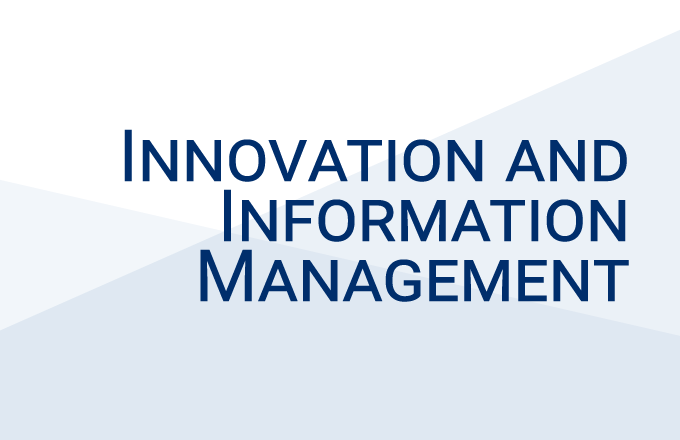Beyond Monetization: Heterogeneous Effects of Open Access as a Freemium Strategy for Public Good
Professor Xian Gu
Assistant Professor of Marketing
Kelley School of Business
Indiana University
ABSTRACT
Open access (OA) provides free digital access to scholarly content without copyright restrictions, aiming to enhance knowledge visibility and accessibility. While increasingly adopted by OA platforms and publishers to broaden consumer reach, open access raises concerns about potential revenue loss and fairness, as its impacts on book downloads and sales may differ across authors and consumer groups in ways that are not yet fully understood. This research addresses these issues through a randomized field experiment with a leading digital platform for academic content. Approximately 1,400 book titles were randomly assigned to a control group (no OA) or a treatment group (OA). Despite concerns, we show that open access significantly increases book downloads without reducing book sales on average. However, open access disproportionately reduces sales for books by female authors and has divergent effects across consumers — decreasing sales in lower GDP areas while increasing them in wealthier, more educated regions. Analysis of individual treatment effects reveals substantial heterogeneity: about half of the books experience increased sales, while the other half see declines. Further investigation reveals that open access tends to increase sales for older or less popular books, suggesting that its impact varies based on a book’s existing market presence. Our findings suggest that open access can expand readership without reducing average revenue, offering platforms and publishers a sustainable model to broaden impact. To maximize benefits, platforms and publishers should adopt differentiated release strategies based on a book’s age and popularity and address equity concerns arising from heterogeneous effects across author and consumer socioeconomic backgrounds.

















